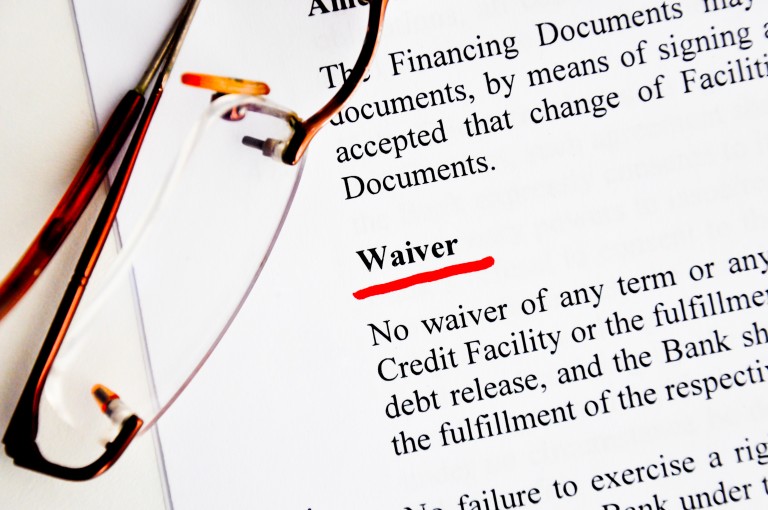
Published 21 December 2018, The Daily Tribune
As early as 1950s, the issue of validity of waivers on the running of the prescriptive period was already being discussed in several cases. The suspension of the running of the prescriptive period by virtue of a waiver is provided under now Section 222(b) and (d) of the Tax Code which states that “the period [for assessment] so agreed upon may be extended by subsequent written agreements made before the expiration of the period previously agreed upon.”
Previously, the rules on validity of waivers were very stringent. In Commissioner of Internal Revenue v. Court of Appeals, the Supreme Court agreed with the Court of Tax Appeals in holding that the waivers were invalid and without any binding effect on the taxpayer for the reason that there was no consent by the Commissioner. Moreover, the “[Supreme] Court had consistently ruled in a number of cases that a request for reconsideration or reinvestigation by the taxpayer, without a valid waiver of the prescriptive periods for the assessment and collection of tax, as required by the Tax Code and implementing rules, will not suspend the running thereof.”
However, in the 2015 case of Commissioner of Internal Revenue v. Next Mobile, Inc., the Supreme Court made an exception and upheld the tolling of the running of the Statute of Limitations despite finding the following defects in the waiver: “[T]he BIR has failed, for five times, to perform its duties in relation thereto: to verify Ms. Sarmiento’s authority to execute them, demand the presentation of a notarized document evidencing the same, refuse acceptance of the waivers when no such document was presented, affix the dates of its acceptance on each waiver, and indicate on the second waiver the date of respondent’s receipt thereof.”
The Supreme Court ruled, among others, that (1) both parties are in pari delicto and they shall have no action against each other; (2) upholding the validity of waivers is consistent with public policy that taxes are the lifeblood of the government; (3) the parties must come to court with clean hands; and (4) the taxpayer was estopped from questioning the validity of the waivers since it allowed the Bureau to rely on said waivers and did not raise any objection against the validity of the same until the Bureau assessed taxes and penalties against it. The application of estoppel is necessary to prevent the undue injury that the government would suffer because of the cancellation of Bureau’s assessment of taxpayer’s tax liabilities.
In 2016, the Bureau issued Revenue Memorandum Order (“RMO”) No. 14-2016 with following the salient points:
- The taxpayer’s failure to follow the forms prescribed under RMO No. 20-90 or RDAO No. 05-01 does not invalidate the waiver as long as the following are complied with:
- The waiver shall be executed before the expiration of the period to assess or to collect taxes. The date of execution shall be specifically indicated in the waiver.
- The waiver shall be signed by the taxpayer himself or his duly authorized representative or responsible officials in the case of corporations
- The expiry date of the period agreed upon to assess/collect the tax after the regular three-year period of prescription should be indicated.
- In case of assessments, the waiver is not required to specify the particular tax to be assessed nor the amount thereof. Thus, it may simply state “all internal revenue taxes.”
- The authority of the taxpayer’s representative who participated in the conduct of audit or investigation shall not be thereafter contested to invalidate the waiver.
- The waivers need not be notarized. It is sufficient that it is in writing.
- The taxpayer is bound to submit his duly executed waiver to the officers of the Bureau and to retain his copy of the accepted waiver.
We trust you find the above discussion informative. Should you have topics that you wish to be covered, do not hesitate to e-mail us at cabdo@divinalaw.com.

